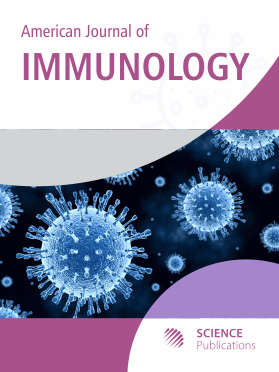Cell-Based Therapies in the Prevention of Solid Organ Transplant Rejection
- 1 University of Pittsburgh, United States
- 2 Harvard Medical School, United States
Abstract
Problem statement: Organ transplantation is a life-saving and increasingly common procedure, as it often serves as the only treatment available for end-stage organ disease. Although the constant development of new and more effective immunosuppressive drugs has revolutionized the prevention and treatment of acute graft rejection, these drugs have significant toxicity, greatly increase patient susceptibility to neoplasms and infection and exert little impact on chronic rejection. Approach: The literature was reviewed to illuminate the mechanisms by which the anti-donor immune response is initiated and how cellular therapies impact this response. Results: Data show that Donor Specific Transfusion, Apoptotic Cell therapies and Dendritic Cell therapies all function as a source of alloantigen to suppress the anti-donor T cell response. Conclusion: Cellular therapies hold promise in the prevention of solid organ allograft rejection, but require optimization and study in large animal models before clinical implementation.
DOI: https://doi.org/10.3844/ajisp.2012.52.64

- 5,920 Views
- 4,074 Downloads
- 0 Citations
Download
Keywords
- Ag-Presenting Cells (APC)
- Donor Specific Transfusion (DST)
- Dendritic Cells (DC)
- apoptotic cell therapy
- allograft
- transplant rejection
